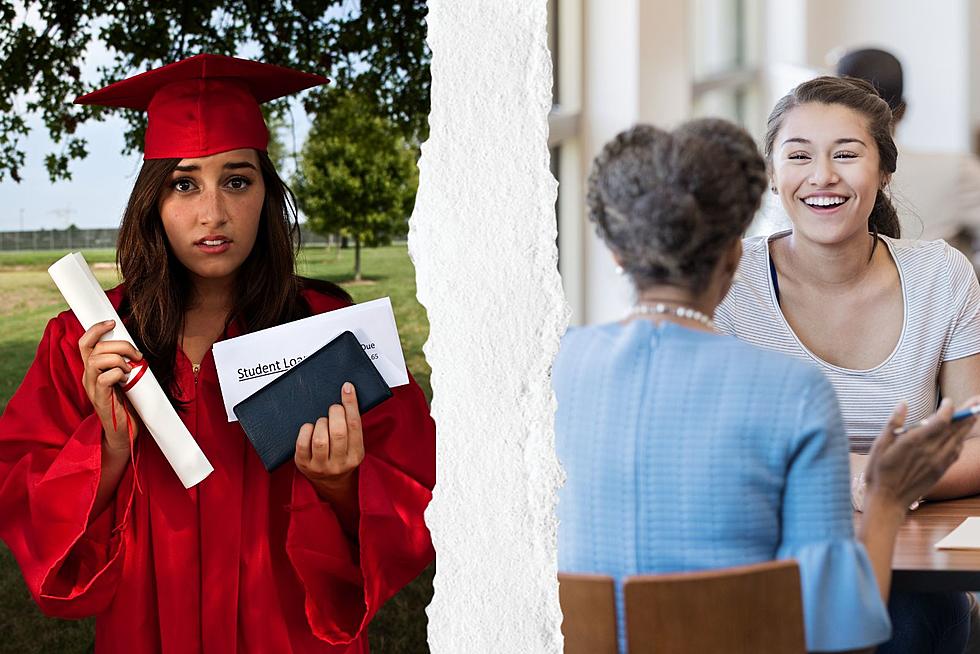
Help Your Young Adult Kids Start Financially Strong
Graduation is going to feel a bit different this year due to the COVID-19 pandemic. Yet, many parents are preparing to help their young adult kids transition to the next stage of being "grown-up." Whether they're starting college or just about to go for the first job post-school, a key part of transitioning to adulthood well is learning how to be financially responsible. Any wisdom or tools we can give them will start them out in life on a financially strong path.

Financial expert Suze Orman recently shared some advice with the team at Costco Connection, a monthly magazine published by the brand. Some of her key suggestions?
Teach Them To Juggle Different Financial Goals. When asked by a parent if a "young adult should focus on paying off student loans or start saving for retirement," her answer was simply: "Both." Time is on their side and, whenever you can, working toward both of these goals is ideal.
Are They Ready To Negotiate Their First Salary? Often, the temptation is to take whatever is offered and "get in the door." Sometimes, that's all you can do. However, learning to start higher in your negotiations will help them negotiate higher raises in the future.
My personal opinion here for balance: As someone who has been in the position of hiring young adults straight out of college, I believe there's a fine line here. Obviously if you've never had any experience in a field, asking for the same levels of pay as someone who has been engaged in an industry for decades may not be the wisest move. At the same time, confidence and knowing your value is crucial. So, learn to find that balance.
Get Ready To Start Paying Back Student Loan Debt. If they've received a federal student loan, there's a 6-month grace period after which point repayments need to start. They need to stay on top of this or it will cause financial migraines for years. This needs to be a TOP priority for them.
Beware Of 'Lifestyle Creep.' Oh there's nothing like getting those first few checks rolling in after you've started your first "serious" job. For the young person who hasn't been prepared, it can be a serious temptation to begin living larger than you should. The old saying "live below your means" is a huge deal for anyone who wants to live a financially-responsible life. For a young person who is just starting to set habits and lifestyle patterns, doubly so.
Get An Emergency Fund Started--ASAP. Life is fraught with challenges, many of those take money to fix. That emergency fund is times of crisis can be the difference between an inconvenience and a catastrophe. So, plan accordingly.
You're Never Too Young To Save For Retirement. Time is on their side. When they start saving at an early age, those dollars have much more time to grow. Make compounding interest your very best friend--because it IS. And those years will fly by quicker than you can fathom.
When I was first starting out, I read a book by Suze Orman that helped me tremendously. Wanna check it out? Here's the info from Orman's website.
Start strong. Stay committed. It will serve you well.
READ MORE: See 50 remote jobs that can pay well
More From K-Fox 95.5









